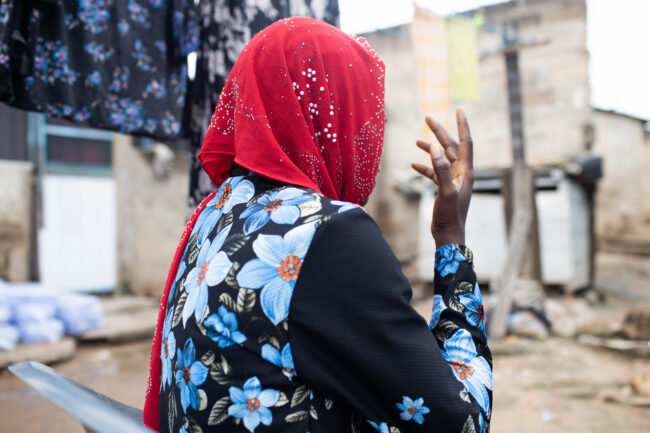“Do You Know Your Bible” Hits the Streets of Lapaz
With the first season’s opening episode filmed in Lapaz, the interactive Dominion TV program “Do You Know Your Bible” is hosted by the consistently engaging Chiderah David, who conducts vox-pop-style street tests to gauge viewers’ familiarity with the Bible. Viewers gain more knowledge about the Bible in between gasps and giggles at the replies’ errors and misstatements
Dominion TV, based in Ghana and one of the most well-liked family channels in Africa, offers a contemporary expression of Christianity through empowering, exquisite, and healthy family programming, including movies, music, and entertainment as well as news about the world and business, personal development, lifestyle, and children’s shows. It also features spiritual uplift from Christian figures like Archbishop Nicholas Duncan Williams. Dominion TV offers a visually appealing, high-definition, and contemporary vision, making for convenient and comfortable viewing.
The new crop of shows is worth watching seeing as they present information that is understandable about living a Christian lifestyle and are hosted by wonderful people who delight us with not only straightforward but hilarious content that either directly or indirectly inspires viewers to follow the Christian path.
Watch “Do You Know Your Bible,” which made its debut on the 11th of October 2022 on Dominion TV, DSTV channel 352, GOTV channel 168, and YouTube @Dominion TV.



















